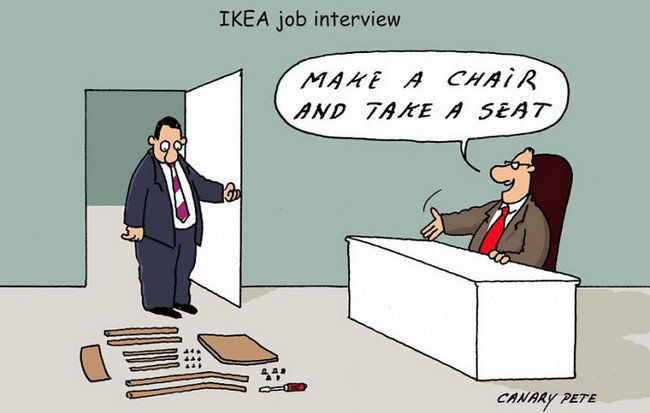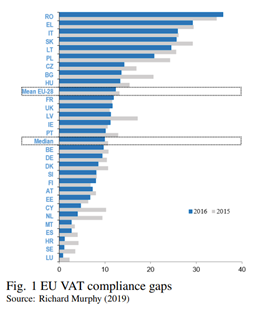Who Wants Another Drink?
- Ruoqi Tang

- Aug 8, 2021
- 2 min read
Maybe you've encountered something like this: on a Friday evening, at a dimly lit pub, people talking and laughing with a drink in hand, someone who had claimed they only wanted to get a little bit tipsy keeps asking for one more drink and ends up with a hangover. Compared to other people who start drinking together, they don't seem to know when to stop.
Sometimes, people want one more drink because they cannot notice that another drink is no longer that valuable to a satisfied body. For example, usually food is more attractive when you feel hungry than when you are satiated (Fedorchak & Bolles, 1987). Therefore, the value of food decreased when you had full stomach. However, some people are not sensitive to devaluation.
Negative urgency, a personality trait included in impulsiveness, has been noted in recent research. Define as a 'tendency to act rashly under extreme negative emotions' (Whiteside & Lynam, 2001), high negative urgency can be why people do not notice another drink was not as enjoyable as the first. Hinojosa-Aguayo and González (2020) used healthy young women to be their participants. In their first experiment, the participants first completed a goal-directed task that can be used to explain behaviour mechanisms in addiction (Pavlovian instrumental transfer task; PIT; Quail et al., 2017). Then, participants experienced outcome devaluation procedures and finally filled in an impulsive behaviour scale (short Spanish version UPPS-P, Cándido et al., 2012). They found that both goal-directed behaviour and outcome devaluation were negatively correlated to negative urgency scores (subscale in UPPS-P). The second experiment further explored devaluation on the goal-directed behaviour task. Researchers found that participants with higher negative urgency scores showed less devaluation effect in the task. Their results indicate that people with higher negative urgency traits are less sensitive to the devaluation of the rewards. Therefore, they kept taking the reward though it is not precious anymore.
Here is a life tip from the writer: People with a high negative urgency trait often regret their reckless, emotionally-driven actions. So, if you met them in a pub and they tell you that you are the best person they have ever seen, you may want to check that the next day.
References
Candido, A., Orduna, E., Perales, J. C., Verdejo-Garcia, A. J., & Billieux, J. (2012). Validation of a short Spanish version of the UPPS-P impulsive behaviour scale [Validacion de una version breve de la escala de comportamiento impulsivo UPPS-P]. Trastornos Adictivos, 14(3), 73 - 78. https://doi.org/10.1016/S1575-0973(12)70048-X
Fedorchak, P. M., & Bolles, R. C. (1987). Hunger enhances the expression of calorie- but not taste-mediated conditioned flavor preferences. Journal of Experimental Psychology: Animal Behavior Processes, 13(1), 73–79. https://doi.org/10.1037/0097-7403.13.1.73
Hinojosa-Aguayo, I., & González, F. (2020). Affect-driven impulsivity impairs human action control and selection, as measured through Pavlovian instrumental transfer and outcome devaluation. Quarterly Journal of Experimental Psychology, 73(4), 537–554. https://doi.org/10.1177/1747021819883963
Quail, S. L., Morris, R. W., & Balleine, B. W. (2017). Stress associated changes in Pavlovian-instrumental transfer in humans. Quarterly journal of experimental psychology (2006), 70(4), 675–685. https://doi.org/10.1080/17470218.2016.1149198
Whiteside, S. P., & Lynam, D. R. (2001). The Five Factor Model and impulsivity: Using a structural model of personality to understand impulsivity. Personality and Individual Differences, 30(4), 669-689. doi:10.1016/S0191-8869(00)00064-






Comments